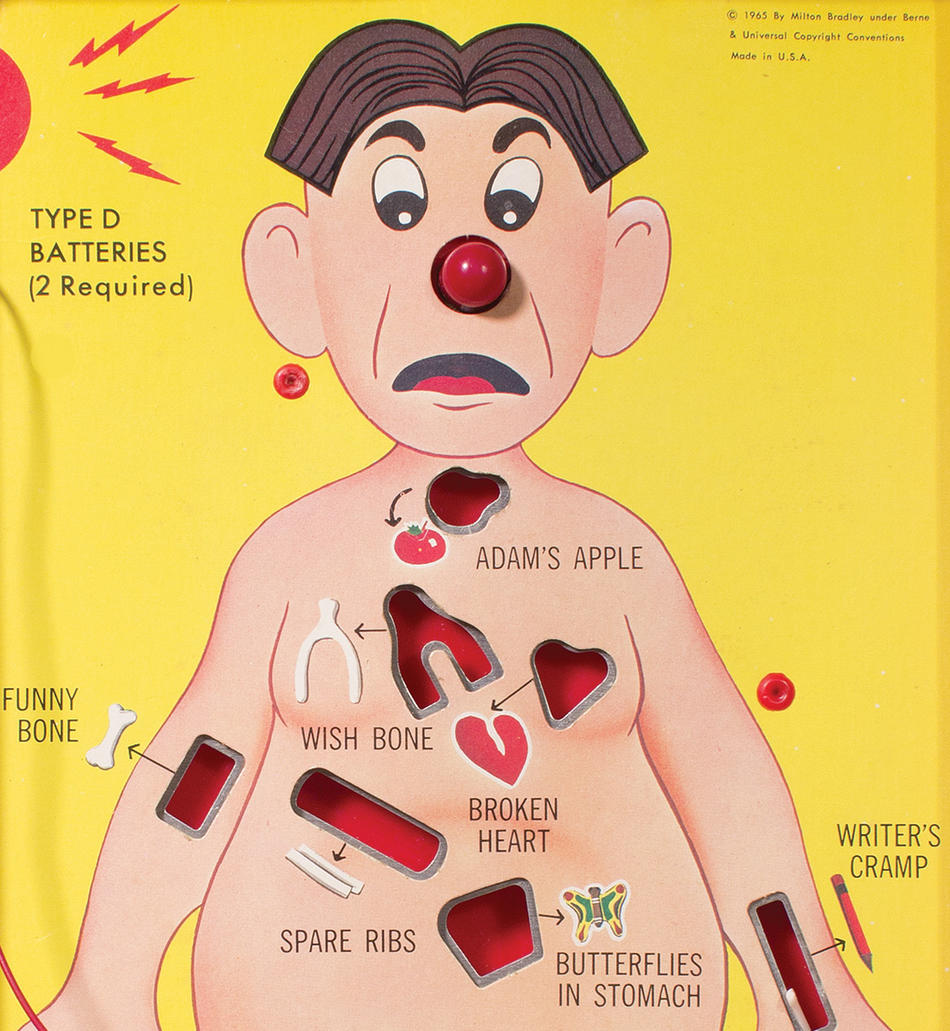They may be known for their steely nerves and steady hands, but a recent paper suggests that surgeons are prone to making mistakes when they’re stressed, just like the rest of us.
The study, published in the open-access branch of the British Journal of Surgery, is small and exploratory, based on the performance of a single surgeon at Stanford Medical Center over several weeks, but its results are striking. It showed that when the surgeon’s heart rate climbed above a normal level — indicating anxiety — he was up to 66 percent more likely to commit errors.
To conduct the experiment, researchers led by Peter Dupont Grantcharov, a graduate student at Columbia’s Data Science Institute, took a novel approach: they outfitted the surgeon with a special undershirt that contained sensors to monitor his heart’s electrical activity, made laparoscopic video recordings during a variety of his abdominal operations, and then looked back to see if his performance was affected by his stress level.
“We had medical experts evaluate his work, using established frameworks for assessing surgical performance,” says Grantcharov, who designed the study and oversaw its statistical analysis. “Our research revealed that when he was feeling stressed, he was more likely to make small mistakes that could result in injuries such as bleeding, torn tissue, or burns.”
The study does not attempt to identify the causes of the surgeon’s anxiety, but Grantcharov and his colleagues hope that future research will pinpoint triggers that might be controlled.
“Operating rooms can be surprisingly chaotic places, with lots of alarms going off, pieces of equipment malfunctioning, nurses and physicians having side conversations, and people constantly coming in and out of the room,” says Grantcharov, who points out that medical errors cause hundreds of thousands of deaths in the US each year. “If researchers could demonstrate that distractions like these can make surgeons anxious, even at a subconscious level, it could prompt hospitals to institute new protocols and possibly make surgery safer for us all.”
This article appears in the Summer 2019 print edition of Columbia Magazine with the title "Keep Calm and Hand Me the Scalpel."



